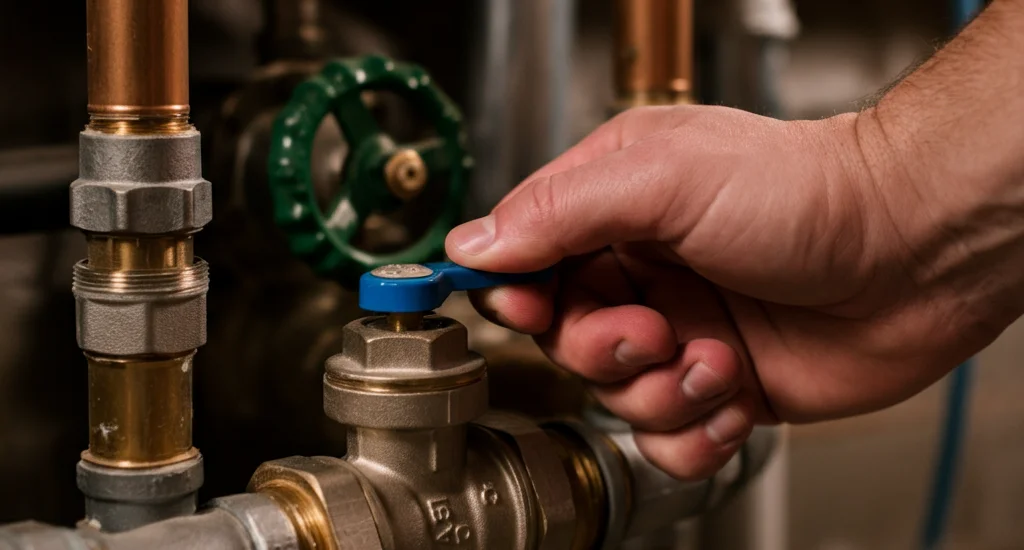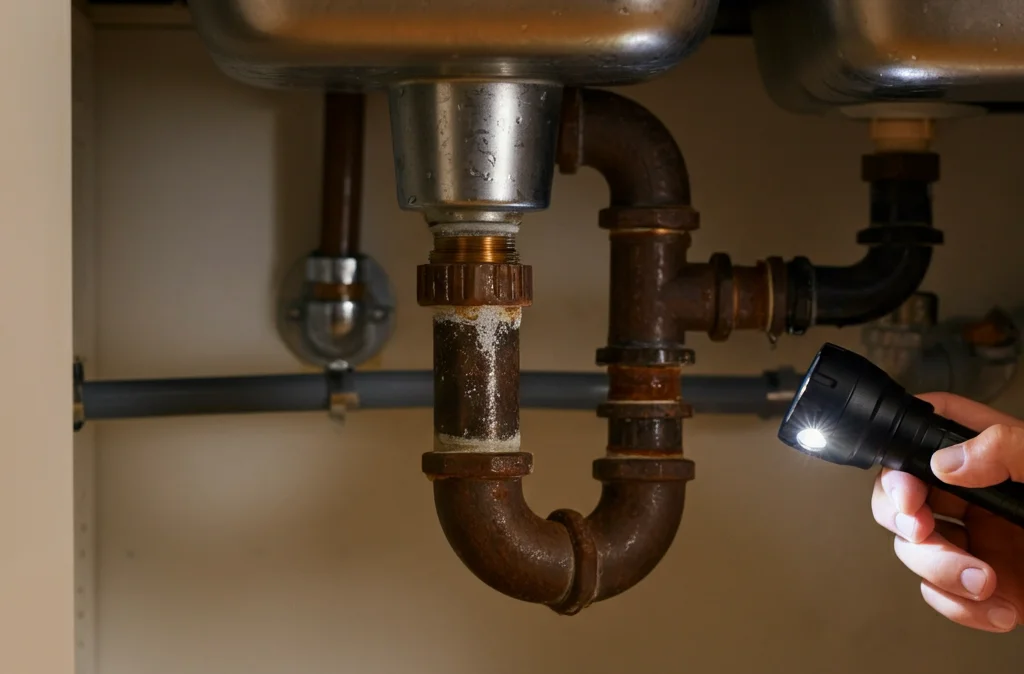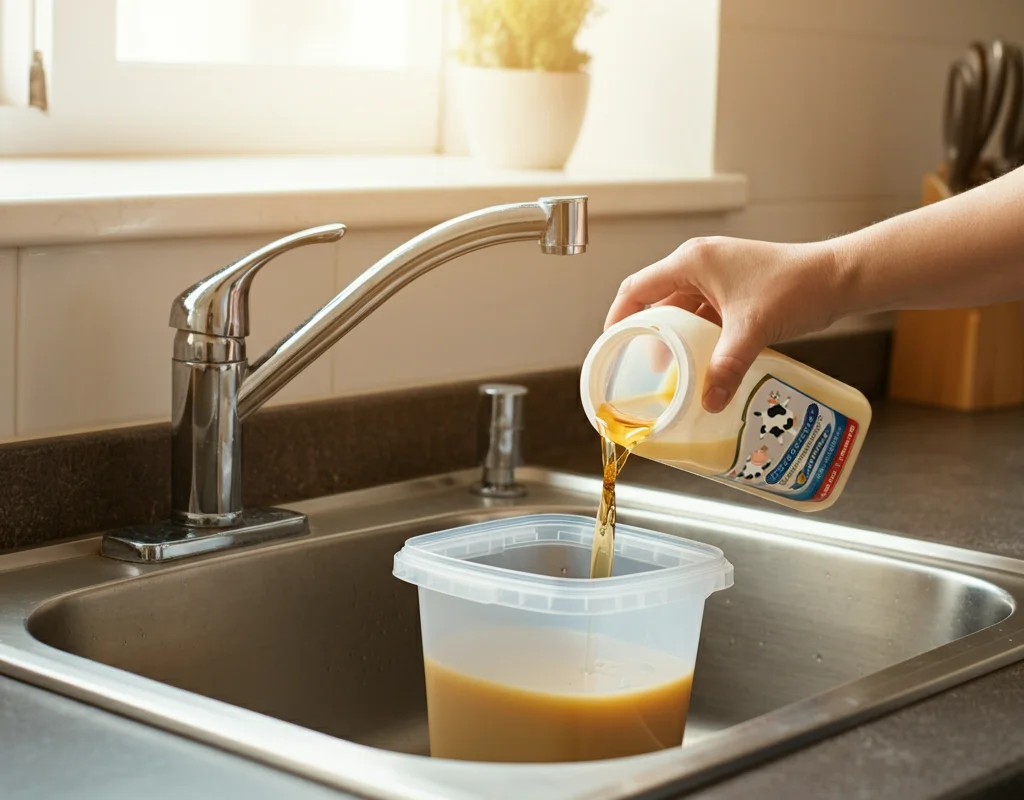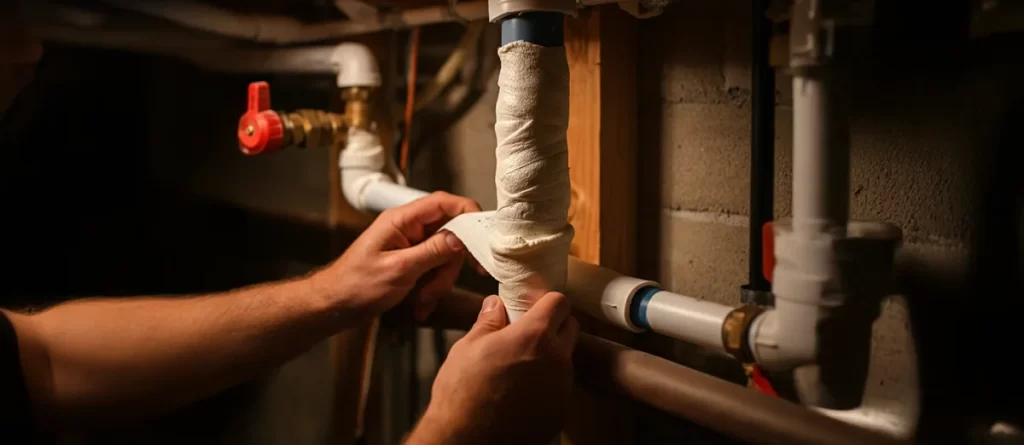Plumbing disasters can be one of the most stressful and costly problems a homeowner can face. From burst pipes to major leaks and sewer backups, plumbing issues can cause significant damage and lead to expensive repairs. Fortunately, there are many steps you can take to avoid plumbing disasters before they happen. By staying proactive with regular maintenance and being mindful of potential problem areas, you can protect your home and save money in the long run.
In this comprehensive guide, we’ll share expert tips on how to prevent plumbing disasters and keep your system in top shape.
1. Know Where Your Main Water Shut-Off Valve Is Located
One of the first things every homeowner should do is familiarize themselves with the location of their main water shut-off valve. If you have a plumbing emergency, like a burst pipe or major leak, knowing how to turn off the water quickly can help prevent more damage.
Why it’s important:
- Prevents water from flowing in the event of a leak or pipe burst.
- Can save you hundreds or even thousands of dollars in water damage.


2. Inspect Pipes and Plumbing Regularly
Your home’s plumbing system is exposed to wear and tear over time. Regular inspections can help catch small issues before they can become major disasters. Look for signs of leaks, corrosion, or cracks in exposed pipes, and pay attention to any musty odors, which can indicate hidden mold.
What to look for:
- Leaks: Water stains on ceilings, walls, or floors.
- Corrosion: Rust or discoloration on pipes.
- Water Pressure Changes: Low water pressure could signal a blockage or leak.
Why it’s important:
- Catching issues early helps prevent major water damage.
- Helps identify aging plumbing that may need to be replaced.
3. Maintain Your Water Heater
A malfunctioning water heater is a common cause of plumbing problems. Whether it’s sediment buildup, a broken heating element, or a faulty thermostat, issues with your water heater can lead to expensive repairs or even flooding if it bursts.
What to do
- Flush the Tank: Drain your water heater once a year to remove sediment buildup.
- Inspect the Anode Rod: Check the anode rod every couple of years to prevent rust and corrosion.
- Check for Leaks: Make sure there are no leaks around the base or from the pressure relief valve.
Why it’s important:
- Prolongs the life of your water heater.
- Prevents water damage and costly repairs.
4. Don’t Overload the Garbage Disposal
Garbage disposals can be a lifesaver in the kitchen, but they have limits. Overloading them or putting the wrong items down the drain can cause clogs or even break the disposal.
What to avoid putting in the garbage disposal:
- Hard items like bones or fruit pits.
- Grease and oils that can solidify and clog pipes.
- Stringy foods like celery or asparagus.
Why it’s important:
- Prevents costly repairs to your disposal or clogged pipes.
- Protects the overall health of your plumbing system.
5. Be Mindful of What Goes Down the Drain
It’s tempting to let food scraps, grease, or even hygiene products go down the drain, but doing so can lead to major plumbing issues. Clogged drains are one of the most common problems homeowners face, and they can result in slow water drainage, unpleasant odors, and even sewer backups.
What to avoid:
- Grease or oil, which can solidify in pipes.
- Wipes, cotton balls, or feminine hygiene products that don’t break down in water.
- Coffee grounds can become a thick sludge that builds in the tricky bends and elbows of your pipes.
Why it’s important:
- Prevents clogs and backups that can lead to expensive plumbing issues.
- Keeps your pipes and drains flowing freely.


6. Insulate Pipes to Prevent Freezing
Frozen pipes are one of the most common causes of plumbing disasters, especially during the winter months. When water inside the pipes freezes, it expands, which can cause pipes to burst and flood your home.
How to prevent frozen pipes:
- Insulate exposed pipes in attics, basements, and crawl spaces.
- Let faucets drip during extremely cold weather.
- Open cabinet doors under sinks to allow warm air to circulate around pipes.
Why it’s important:
- Prevents the costly damage caused by burst pipes.
- Keeps your plumbing system in good working condition during winter months.
7. Monitor Your Sewer Line
Sewer line issues can be a major headache for homeowners, often resulting in costly repairs and major disruptions. A clogged or damaged sewer line can cause sewage backups and serious damage to your property.
Signs of a sewer line problem:
- Frequent clogs or slow drains.
- Foul odors coming from your drains.
- Water backing up in multiple drains.
Why it’s important:
- Prevents major sewer backups that can lead to costly repairs.
- Helps maintain a clean and functional plumbing system.
8. Check for Water Pressure Issues
High water pressure can strain your plumbing system and cause pipes, faucets, and appliances to wear out prematurely. On the other hand, low water pressure can indicate a blockage, leak, or problem with your water supply.
What to do:
- Use a pressure gauge to monitor water pressure.
- If pressure is consistently too high or low, consider installing a pressure regulator or calling a plumber for assistance.
Why it’s important:
- Protects pipes and plumbing fixtures from damage caused by excessive pressure.
- Ensures a steady and reliable water supply.
9. Get Professional Plumbing Inspections with Pacific Aire Home Services
Even if you regularly maintain your plumbing system, it’s important to schedule professional plumbing inspections from time to time. A licensed plumber can spot hidden issues that may not be visible during routine checks, such as pipe corrosion or tree root intrusion.
Why it’s important:
- Professional inspections can catch small problems before they become big ones.
- Ensures your plumbing system is functioning at peak efficiency.
10. Know When to Call a Pacific Aire Home Services
While there are many plumbing issues you can handle on your own, there are certain problems require the expertise of a professional plumber. Don’t attempt to fix complex issues like gas line leaks, major pipe repairs, or sewer line problems without professional help.
Why it’s important:
- Prevents further damage or safety hazards.
- Ensures the problem is resolved correctly the first time.
Conclusion: Protect Your Home with Proper Plumbing Maintenance
By following these easy but powerful tips, you can prevent common plumbing issues and protect your home from unnecessary damage. Regular upkeep, careful use, and quick repairs are the best ways to keep your plumbing system running smoothly all year.
If you need help with any plumbing issues, don’t hesitate to call Pacific Aire Home Services. Prevention is always cheaper than repair, and a little attention to your plumbing system can go a long way in avoiding disasters.
Contact a trusted Pacific Aire Home Services today to schedule an inspection or to get advice on how to protect your plumbing from potential issues. Keep your home safe, dry, and plumbing disaster-free!
Visit https://www.pacaire.com/plumbing/ or call us at 805-737-2564 to schedule your winter plumbing service today.

